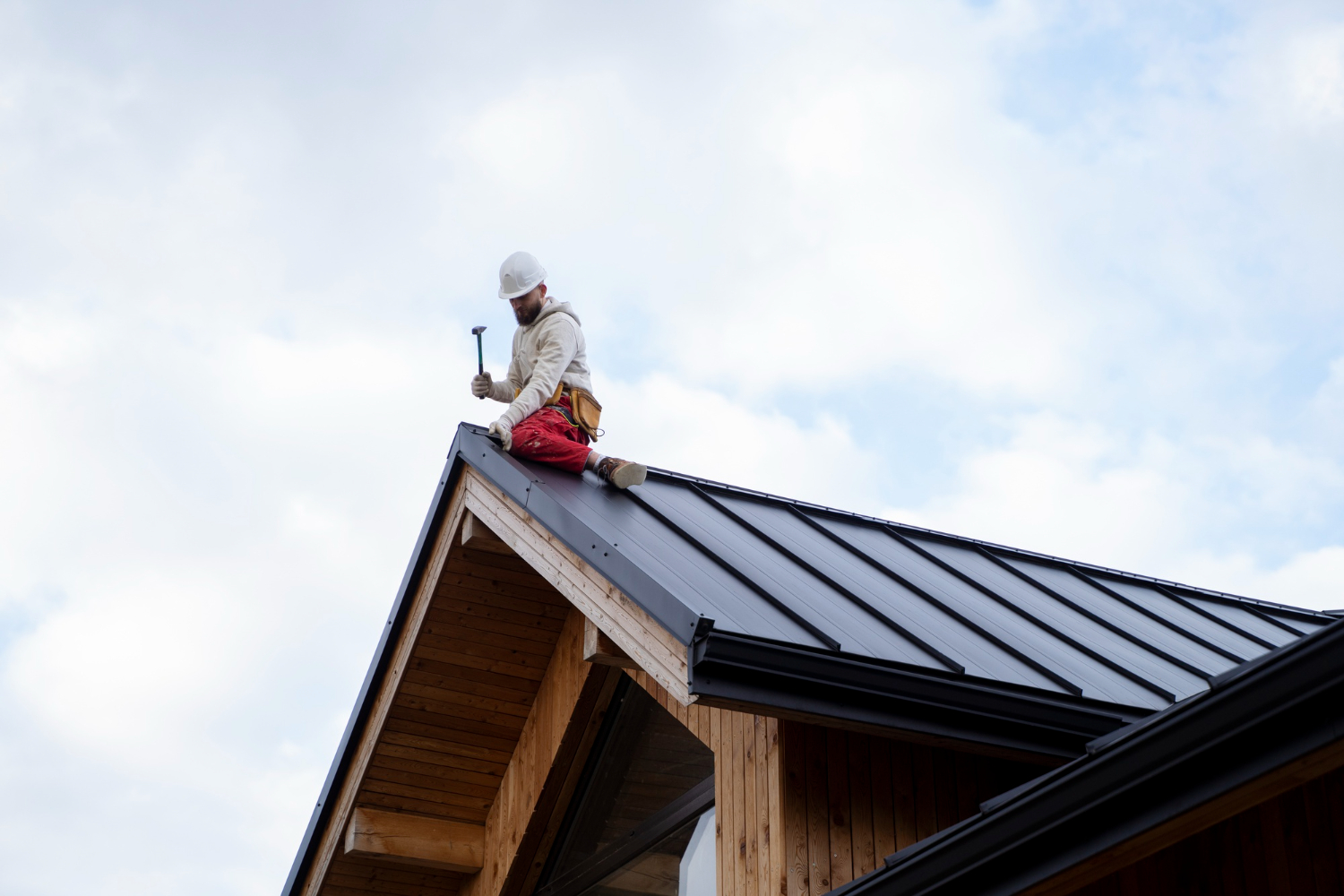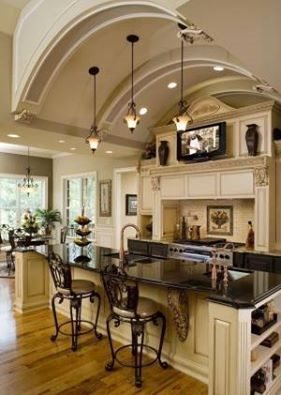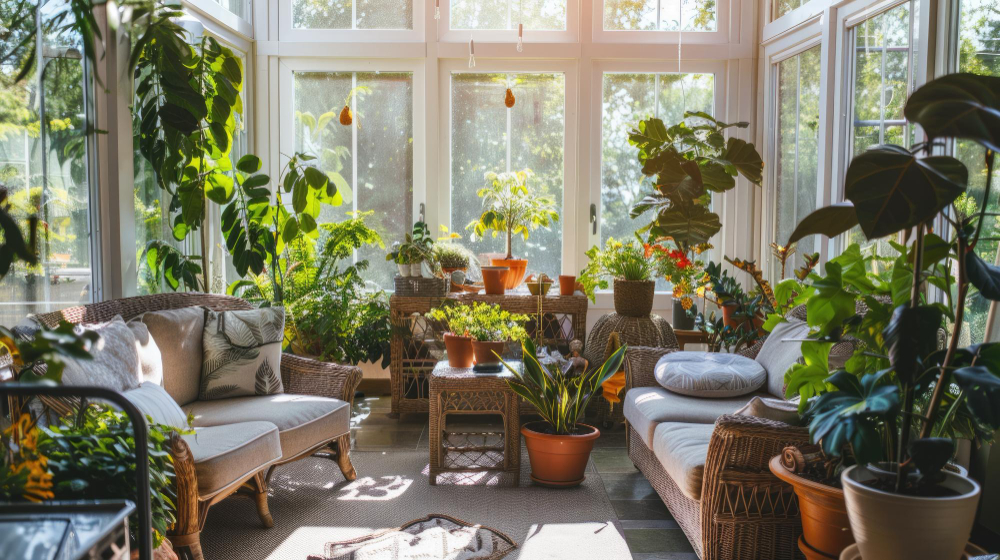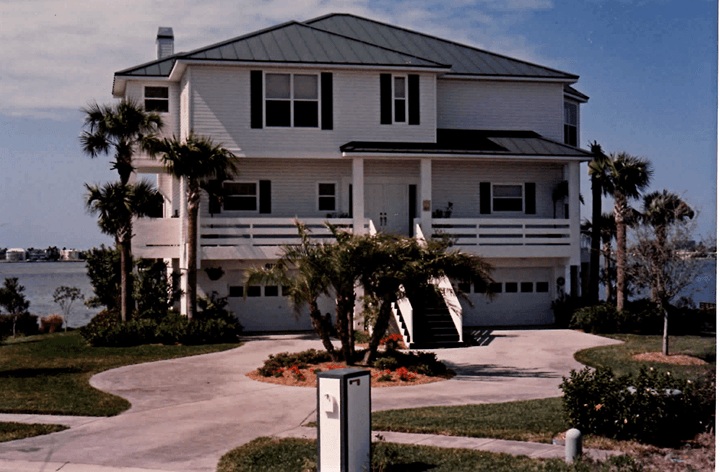By using our website, you agree to the use of cookies as described in our Cookie Policy
a
Rss Feed
How To Fix a Noisy Garage Door: Expert Tips for a Peaceful Home
A noisy garage door can feel like a never-ending drum solo that disrupts your peace. Whether it's squeaking, grinding, or rattling, the constant clamor can drive anyone up the wall. Before you settle for the ongoing noise, consider these tips for addressing a noisy garage door. With some practical guidance and effort, you can have your garage door operating quietly again in no time.
Understanding the Sources of Noise
To fix a noisy garage door, first find out what's causing the noise. Different issues can make your door noisy, so identifying them will help you choose the right fix. Here are some common causes:
- Worn Rollers - Rollers are small wheels that allow your garage door to glide smoothly up and down. Over time, they can wear out and start making unpleasant sounds.
- Loose Hardware - Screws, nuts, and bolts can become loose due to frequent use, causing rattling noises.
- Dry or Rusty Parts - If your garage door hasn’t been lubricated recently, its moving parts might start to rust or become stiff, leading to squeaking or grinding noises.
- Misaligned Tracks - The tracks that guide your garage door might get misaligned, causing the door to hit or drag against them, resulting in a clunky sound.
Basic DIY Fixes for a Quieter Garage Door
While it's often best to call an experienced garage door technician, there are a few basic steps you can take to reduce the noise. These simple tasks are safe for most homeowners to try:
- Inspect and Tighten Hardware: Check for any loose screws, nuts, or bolts that could be causing rattling noises. Tighten them carefully with a wrench or screwdriver, but avoid over-tightening to prevent damage.
- Lubricate Moving Parts: To reduce garage door noise, start by using a silicone-based lubricant or lithium grease on the rollers, hinges, and tracks. Avoid WD-40, as it attracts dust. First, wipe the parts clean. Then, apply the lubricant sparingly. Finally, operate the door a few times to spread the lubricant evenly.
- Check the Rollers: Examine the rollers for wear or damage. If they're plastic, they may wear out faster than metal ones and need replacement. Consider upgrading to metal rollers, but if you're unsure, it's better to consult a professional.
- Align the Tracks: If the door isn't running smoothly, the tracks might be misaligned. Loosen the track mounting bolts a bit, gently adjust the tracks into position with a rubber mallet, and then re-tighten the bolts. For more severe alignment issues, it's advisable to consult a professional for garage door repair.
Calling a Garage Door Professional
Sometimes, fixing a noisy garage door is more complicated than it seems. A professional garage door service is best suited to handle certain issues. For example, if your garage door has broken springs, it's important to call an expert because these parts can be dangerous and require special tools to fix.
Additionally, if your garage door panels are cracked or severely damaged, a professional can replace them properly, which is crucial for maintaining your home’s security. If the noise continues despite your efforts, a professional can identify and fix hidden problems that might not be obvious. Getting expert help ensures that complex issues are resolved safely and effectively.
Restore Serenity to Your Home
A loud garage door can be extremely irritating. By following these expert tips, you can reduce the noise and restore peace to your home. If the noise persists or you encounter complex issues, professional help is available to address the problem. Ensuring your garage door operates smoothly will bring back the quiet you desire.
‹ Back






.png)
